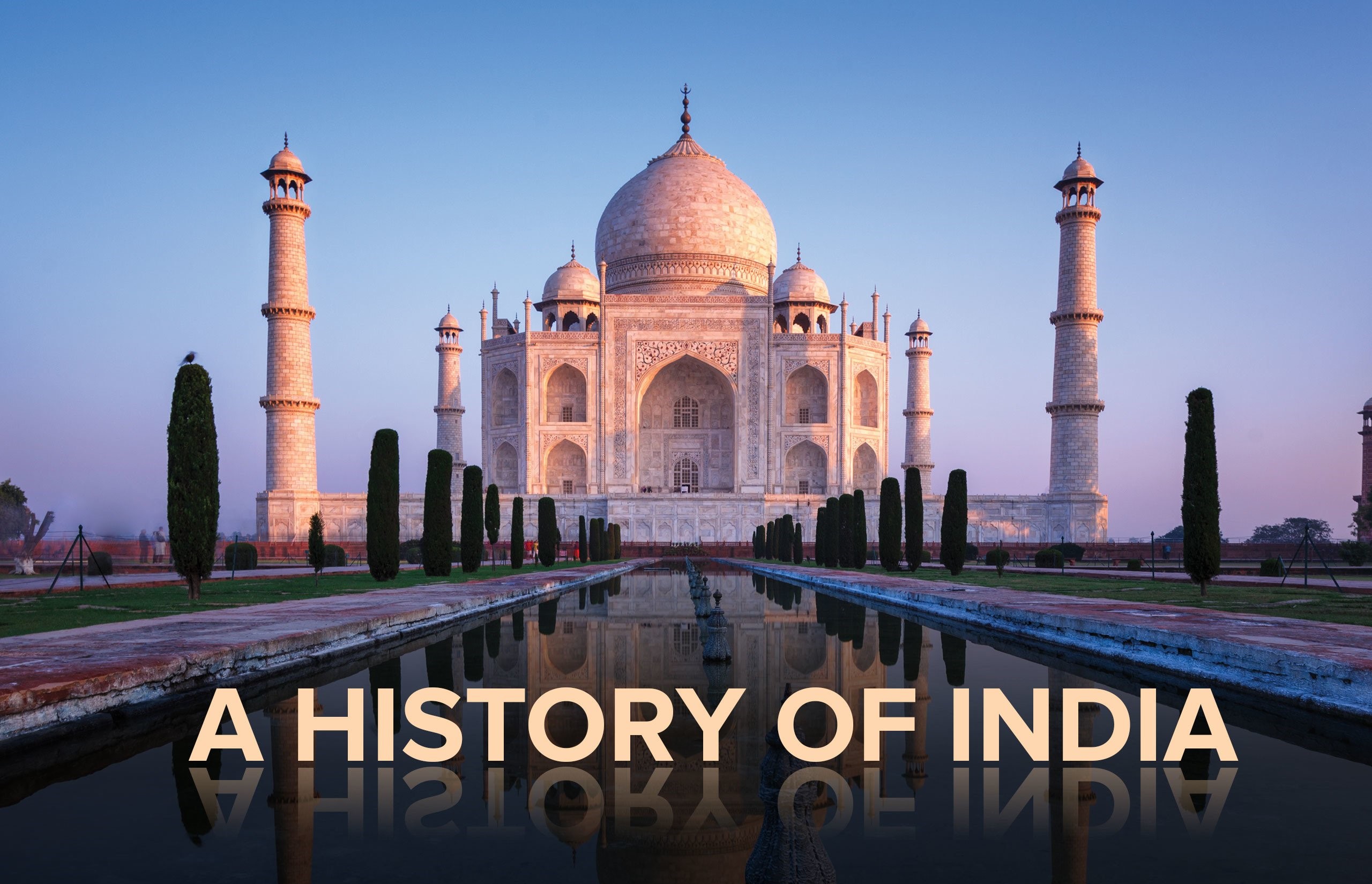Governor Generals of India & Bengal
Governor Generals of india ( 1933 -58 )
Robert Clive
Governor of Bengal during 1757-60 and again dunng 1765-67 and established Dual Government in Bengal from 1765-72.
Vanisttart (1760-65)
The Battle of Buxar (1764).
Cartier (1769-72)
Bengal Famine (1770)
Warren Hastings (1772-74)
Abolished Dual Government (1772)
Governoor-Generals of Bengal (1774-1833)
Warren Hastings (1774-85)
Became Governor-General in 1774 through the Regulating Act, 1773; Wrote introduction to the first English translation of the Gita by Charles Wilkins; Founded the Asiatic Society of Bengal with William Jones in 1784.
Revenue Reforms : Auctioned the right to collect land revenue to the highest bidder; Divided Bengal into districts and appointed collectors and other revenue officials.
Judicial Reforms : Started Diwani and Faujdari adalats at the district level and Sadar diwani and Nizamat adalats (appellate courts) at Calcutta; Redefined Hindu and Muslim laws; A translation of the code in Sanskrit appeared in 1776 under the title of "Code of Gentoo laws".
Lord Cornwallis (1786-93)
First person to codify laws in 1793. The code separated the revenue administration from the administration of justice; Created post of district judge,-Introduced Permanent Settlement in Bengal (1793); Cornwallis is called 'the father of civil service in India'.
Sir John Shore (1793-98)
Introduced the 1st Charter Act (1793).
Lord Wellesley (1798-1805)
Started Subsidiary Alliance system to achieve British paramountcy in India, Nizam Ali (Nizam of Hyderabad) was the first Indian native ruler to accept the system of subsidiary Alliance (1798); Madras Presidency was formed during his tenure.
George Barlow (1805-1807)
Vellore Mutiny (1806)
Lord Minto I (1807-1813)
Concluded Treaty of Amritsar with Ranjit Singh (1809); Charter Act of 1813 was passed.
Lord Hastings (1813-1823)
Adopted the policy of intervention and war.
Lord W. Bentick (1828-33)
Most liberal and enlightened Governor-General of India; Regarded as 'the Father of Modern Western Education in India'; Abolished Sati and other cruel rites (1829); Annexation of Mysore (1831), Concluded a treaty of perpetual friendship with Ranjit Singh (1831); Passed the Cha/ter Act of 1833, which provided that no Indian subject of Company was to be debarred from holding an office on account of his religion, place of birth, descent and colour.
